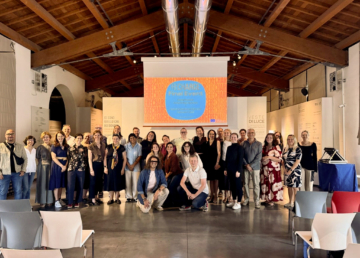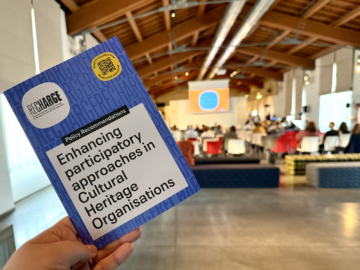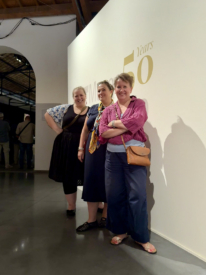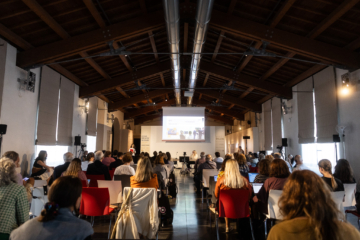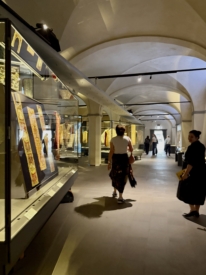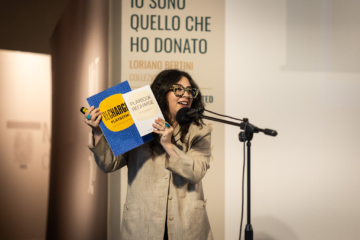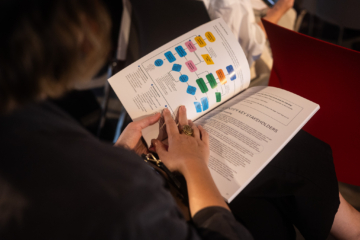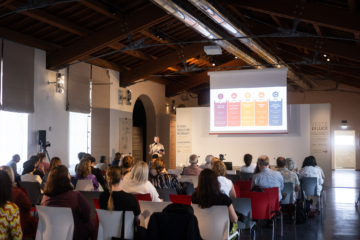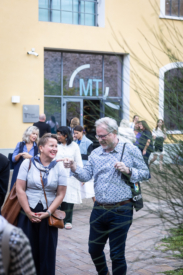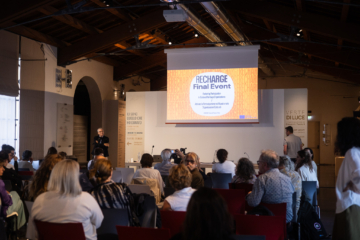The RECHARGE project is coming to an end ‚Äď summary of the Final Event in Prato
How to make cultural institutions (and their audiences) flourish in a dynamically changing, uncertain world? This is a question we ask ourselves almost every day at the Open Culture Studio ‚Äď and it was also the core of the international RECHARGE project, whose three-year journey is about to come to an end.
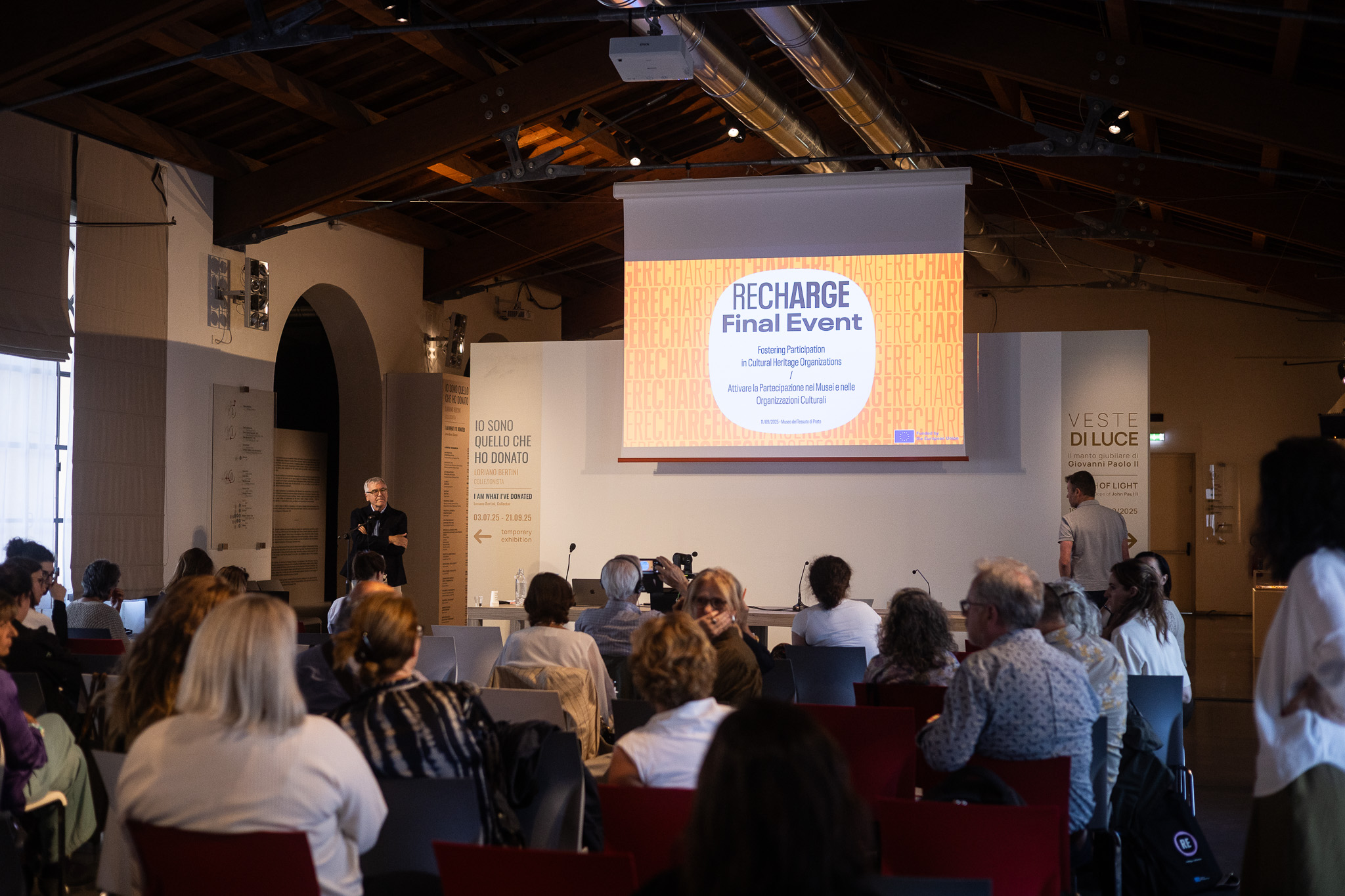
The RECHARGE Final Event in Prato
Last week, in picturesque Prato, Italy, we met with partners from all over Europe to summarize three years of research, experiments, and experiences gathered since the beginning of the RECHARGE (Resilient European Cultural Heritage As a Resource for Growth & Engagement) project.
The final conference was more than just a formal conclusion at the fascinating Museo del Tessuto (Textile Museum). It was a space for various perspectives to meet and talk about what works, and what is challenging in building the resilience of the cultural sector.
The event was officially inaugurated by Filippo Guarini, director of the Museo del Tessuto (one of the ten project partners) and Trilce Navarrete from Erasmus University (the consortium lead). The day was full of discussions, presentations, and a summary of the achievements of the so-called Living Labs. This is an experimental formula in which engaged institutions tested innovative ways of operating with sustainable business models based on audience participation.
The conference ended with a lecture by an expert in the field of digital cultural heritage, Pierluigi Sacco, and a panel discussion with Sacco, Elena Piana (Tuscany Region), Cristina Da Milano (ECCOM), Francesca Velani (PromoPA), Lars Ebert (Culture Action Europe), and Margherita Sani (NEMO ‚Äď Network of European Museum Organisations).
Why is the RECHARGE project so important to us?
Within RECHARGE, we were not looking for a magical, universal solution… The point was to learn how to create real value for our communities and, at the same time, ensure financial stability for institutions that does not depend solely on grants, organizers, or patrons ‚Äď and which is fully consistent with the organisation’s individual mission and goals.
This is the knowledge we all need today. We believe that the conclusions from these experiments will prove valuable for everyone working in the cultural sector, who feels close to the idea of an open, accessible institution ready for the challenges of tomorrow.
A huge amount of material developed as part of the project is available in Open Access on the recharge-culture.eu website!
Three years of intensive work are coming to an end. We are glad that we could be part of this important discussion about a future in which technology serves humanity, and cultural heritage is a living and dynamic resource for all of us. Collaborating with the wonderful people involved in RECHARGE has also confirmed our belief that cooperation and sharing knowledge ‚Äď not competing ‚Äď is the key to common success!
Photos by Anna Green-SzaŇāas (Centrum Cyfrowe), Lindora Film.

